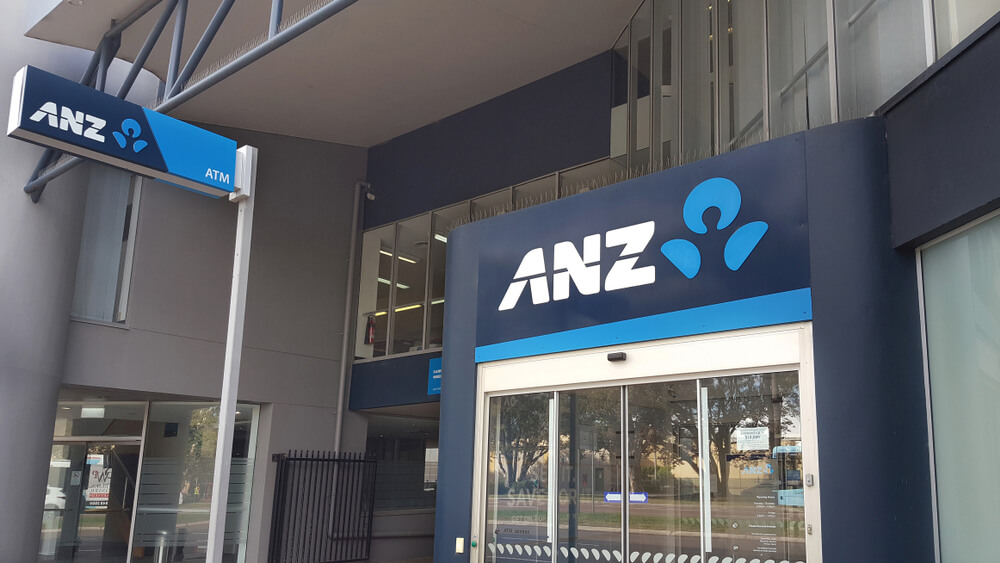‘The book was covered’: ANZ fights ‘entirely novel’ ASIC case over $2.5B share placement


ANZ has told a court it had no obligation to disclose a $750M bailout by the underwriters of a $2.5B equity capital raising in 2015, in ASIC’s case alleging the bank breached its continuous disclosure obligations by failing to alert the market to the bailout.
For information on rights and reprints, contact subscriptions@lawyerly.com.au